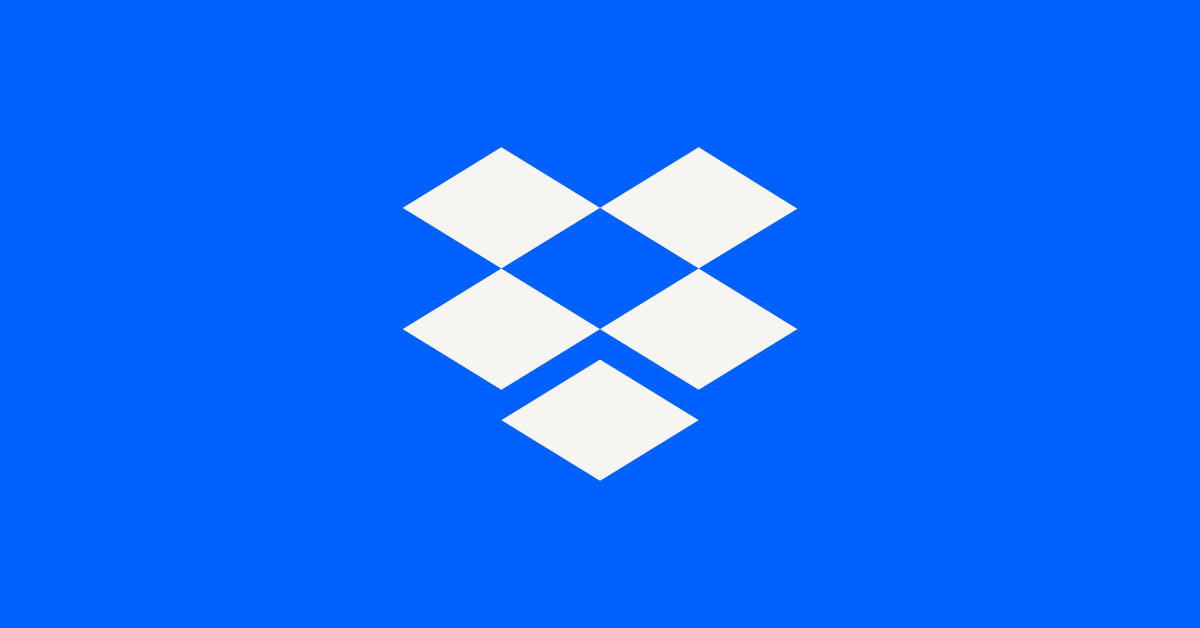Dropbox API Support & Feedback
Find help with the Dropbox API from other developers.
- Dropbox Community
- :
- Do More with Dropbox
- :
- Developers & API
- :
- API Support & Feedback
- :
- Dropbox API Support & Feedback
- :
- OAuth2 one token for differet interfaces
- Subscribe to RSS Feed
- Mark Topic as New
- Mark Topic as Read
- Float this Topic for Current User
- Bookmark
- Subscribe
- Mute
- Printer Friendly Page
OAuth2 one token for differet interfaces
- Labels:
-
APIs
OAuth2 one token for differet interfaces
- Mark as New
- Bookmark
- Subscribe
- Mute
- Subscribe to RSS Feed
- Permalink
- Report Inappropriate Content
Hello,
with APIv1 I have build an App wich runs in java on different machines. The App is linked with a speacial dropbox folder so that the app hase the same file basis on every machine.
How could I build this with the APIv2 without copy the token everytime on a new machine?
Now I have only one token to access my dropbox. If I generate one with the Java SDK I can use it. Now I switch to the other machine at work and the app does not know any token. So it will try to generate a new token. Now switch to the other machine and the token is not longer working. 😞
I hope you can understand my problem. Have you any Solution?
Thanks
- Labels:
-
APIs
- 0 Likes
- 3 Replies
- 1,907 Views
- thorty
- /t5/Dropbox-API-Support-Feedback/OAuth2-one-token-for-differet-interfaces/td-p/248440
- Mark as New
- Bookmark
- Subscribe
- Mute
- Subscribe to RSS Feed
- Permalink
- Report Inappropriate Content
If something isn't working as expected, please share a sample request and unexpected response. (Be sure to redact the access token itself though.)
- Mark as New
- Bookmark
- Subscribe
- Mute
- Subscribe to RSS Feed
- Permalink
- Report Inappropriate Content
Thanks Greg,
"or you can create and use multiple different access tokens" - that would be great!
I use the Java API SDK. Can you tell my how I can get an existing token or generate an additional token? Whenever I creat a "new" token the older token does not working anymore and an "invalid access token" exception is thrown.
This is my code to generate a new token:
public static String doAuth() {
// Only display important log messages.
Logger.getLogger("").setLevel(Level.WARNING);
// Read app info file (contains app key and app secret)
DbxAppInfo appInfo;
appInfo = new DbxAppInfo(APP_KEY, APP_SECRET);
// Run through Dropbox API authorization process
DbxRequestConfig requestConfig = new DbxRequestConfig("foo");
DbxWebAuth webAuth = new DbxWebAuth(requestConfig, appInfo);
DbxWebAuth.Request webAuthRequest = DbxWebAuth.newRequestBuilder()
.withNoRedirect()
.withForceReapprove(Boolean.FALSE)
.build();
String authorizeUrl = webAuth.authorize(webAuthRequest);
System.out.println("1. Go to " + authorizeUrl);
System.out.println("2. Click \"Allow\" (you might have to log in first).");
System.out.println("3. Copy the authorization code.");
System.out.print("Enter the authorization code here: ");
String code = null;
try {
code = new BufferedReader(new InputStreamReader(System.in)).readLine();
} catch (IOException ex) {
Logger.getLogger(Main.class.getName()).log(Level.SEVERE, null, ex);
}
if (code == null) {
System.exit(1);
return null;
}
code = code.trim();
DbxAuthFinish authFinish;
try {
authFinish = webAuth.finishFromCode(code);
} catch (DbxException ex) {
System.err.println("Error in DbxWebAuth.authorize: " + ex.getMessage());
System.exit(1);
return null;
}
System.out.println("Authorization complete.");
System.out.println("- User ID: " + authFinish.getUserId());
System.out.println("- Access Token: " + authFinish.getAccessToken());
// Save auth information to output file.
DbxAuthInfo authInfo = new DbxAuthInfo(authFinish.getAccessToken(), appInfo.getHost());
File output = new File("token");
try {
DbxAuthInfo.Writer.writeToFile(authInfo, output);
System.out.println("Saved authorization information to \"" + output.getCanonicalPath() + "\".");
} catch (IOException ex) {
System.err.println("Error saving to <auth-file-out>: " + ex.getMessage());
System.err.println("Dumping to stderr instead:");
try {
DbxAuthInfo.Writer.writeToStream(authInfo, System.err);
} catch (IOException ex1) {
Logger.getLogger(Main.class.getName()).log(Level.SEVERE, null, ex1);
}
}
return authFinish.getAccessToken();
}
- Mark as New
- Bookmark
- Subscribe
- Mute
- Subscribe to RSS Feed
- Permalink
- Report Inappropriate Content
@thorty Using the DbxWebAuth flow you have is a valid way to get another access token, and that shouldn't revoke any previous tokens
Can you elaborate on the issue you're having with the previous token? E.g., please share the code and full output.
Make sure you're not mixing up the "authorization code" and "access token". The authorization code is single-use only, and can exchanged for an access token once. The resulting access token can be stored and re-used.
There are other ways tokens can be revoked too, so make sure you're not accidentally doing any of the following:
- by the user unlinking the app via their account security page: https://www.dropbox.com/account/security
- by deleting the app folder, if the app uses the app folder permission
- by the app revoking the access token via the tokenRevoke method: https://dropbox.github.io/dropbox-sdk-java/api-docs/v3.0.x/com/dropbox/core/v2/auth/DbxUserAuthReque...
- by disabling the user account
- by disabling the API app
- by disabling the app owner's account
Hi there!
If you need more help you can view your support options (expected response time for a ticket is 24 hours), or contact us on X or Facebook.
For more info on available support options for your Dropbox plan, see this article.
If you found the answer to your question in this Community thread, please 'like' the post to say thanks and to let us know it was useful!

